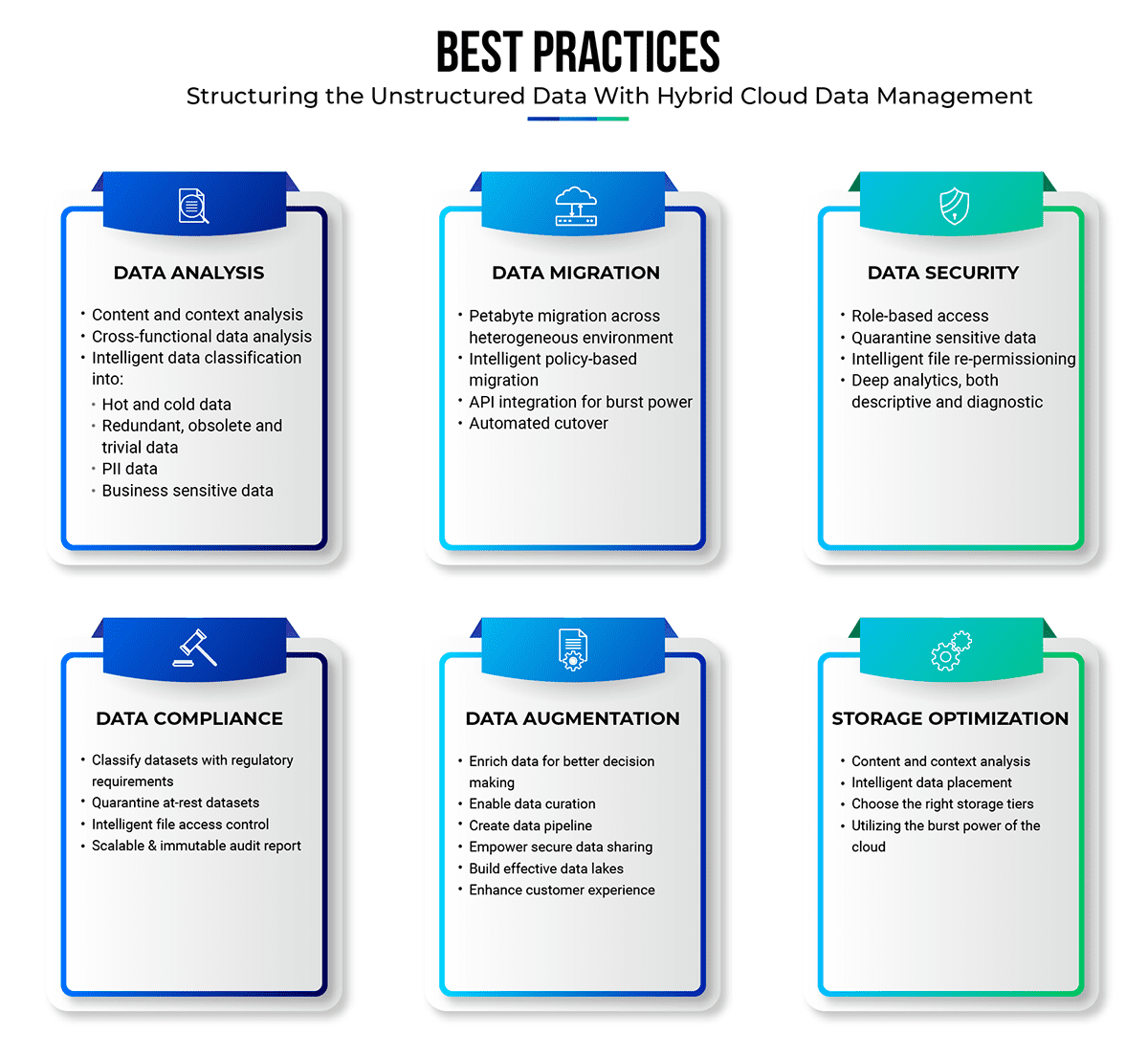From Limping to Walking: John’s Medical Journey Defined
John, a 65-year-old retired entrepreneur and a proud grandfather of three beautiful grandkids, loves to spend time with his grandkids playing soccer, baseball, and learning how to use electronic gaming gadgets. As he gets older, physically keeping up with the kids gets harder and in the process developed bad knees, leading to a need to go visit his physician, Dr. Davis.
John’s medical journey begins!
John checked for Dr. Davis’ availability and booked an appointment for the following day. Having assessed John’s knee, Dr. Davis asked him to undergo some medical tests and X-rays. Meanwhile, he gave him some pain-relieving medicine to temporarily ease the pain. John got the tests done and received a soft copy of his reports on a CD, which he took to show Dr. Davis.
The prognosis was Osteoarthritis.
John was advised to see Dr. Aniston, a specialist, for further treatment. John first used a scheduling app to book an appointment, and further information about medical tests and X-rays was sent via email to the diagnostic center. After reviewing the tests, Dr. Anniston suggested knee replacement surgery and asked him to meet a dietician and physical therapist as a prerequisite to strengthen the muscles around the knee. The dietician and physical therapist used an internal application to notify them about his medical reports. John then set up a meeting with them using a secondary scheduling app.
Dr. Anniston asked Dr. Cooper, an expert orthopaedist, to assist with the procedure. Before the surgery, Dr. Cooper went through John’s health data. John’s reports were a mix of digital and physical records – scattered and fragmented. A day for the surgery was set, and all necessary tests were conducted. In the meantime, John’s family filled out a lot of paperwork that involved referring to historical and current data. The surgery was successful, and after 12 weeks of recovery, John was now fully healed.
John is fit as a fiddle today, but he went through a lot of stress during his treatment. The list is long and cumbersome, from the enormous amount of paperwork and multiple touch points to stressful coordination between hospitals, pharmacies, diagnostic centers, and the insurance company. Since there was no single platform to store and share the data, each task was a rework for the patient and his family. The process was time-consuming and repetitive, from finding and downloading each document to filling out insurance and card information. At every stage of his treatment, John had to ensure that all the fragmented health information, in multiple formats, was recorded as requested by the health insurance company. Extremely frustrating and prone to mistakes!
This raises a question, – What is more painful – the surgery or the unorganized, tedious, and time-consuming treatment process in this data-driven healthcare era?
Healthcare today is built upon data, but is it efficiently managed?
In this case, John’s PII and PHI data was scattered across multiple data silos without him knowing where it was or how it was secured, raising concerns about the security of this fragmented data.
As a result of a lack of interoperability in the healthcare system, duplicate copies of John’s PII and PHI were spread throughout different locations. What happens if we need to access or share the data urgently, but we cannot do so, and what if the data is lost?
Moreover, multiple copies of John’s PII data will be held for a minimum of 10 years by Dr. Davis, Dr. Anniston, Dr. Cooper, the diagnostic center, dietician, and physician as defined by HIPAA. What if there is unauthorized access and misuse?
Data silos, duplicate data, and PII/PHI data sprawl across different healthcare industry locations are prone to high-profile breaches, hackings, and ransomware episodes. Even if it’s John’s data, how much control does he have over it? If it’s not him, then who controls it?
A hybrid cloud data management prescription is a necessity for the data-driven healthcare sector.
With John’s journey, we discovered the need for the healthcare industry to accommodate growing volumes of data, provide data access to authorized users, support innovative solutions that leverage data in new ways, and enforce data security and privacy in compliance with HIPAA regulations.
Hybrid cloud data management provides the capability to meet these requirements. Here’s how:
- Data analysis: Healthcare organizations need to measure sensitive data to determine whether it is PHI, redundant, obsolete, trivial (ROT), hot, or cold. This will allow them to store and protect sensitive data efficiently.
Modern analytics workloads require data integration, high-performance computing (HPC), data warehousing, and storage capabilities that legacy infrastructures cannot provide. Taking advantage of next-gen hybrid cloud infrastructure, businesses can improve colocation, access the latest business intelligence (BI) tools, and utilize cloud bursting capabilities. - Data migration: Hybrid cloud configurations let companies gradually combine private-cloud and public-cloud features in a HIPPA compliant manner.. With intelligent, automated data migrations, healthcare providers are able to ensure secure storage and associated backup and data protection.
- Data security: Healthcare protection is vital as it relates to an individual’ medical information. Storing it and ensuring secure access is not just a legal but an ethical responsibility borne by all those that are custodians of it. Ensuring sharing of this data is done in an effective manner, within and across providers, as required to drive the best outcome for the patient is vital. Segregating sensitive and generic patient records allows for appropriate bifurcation of leveraging the best means of storing data in a hybrid environment.
- Data compliance: Hybrid cloud storage lets healthcare organizations store highly regulated data on-premise servers, helping them manage and secure IT infrastructure for complete compliance and visibility into the organization’s HIPAA requirements.
- Storage optimization: Cloud hybrid models provide flexibility in data management regarding data that meets privacy regulations and data that doesn’t. In instances where data is archived, or its access frequency is below a certain threshold, pay-as-you-go storage systems can be set up to move it to cheap public cloud storage. In addition, an isolated environment can be created with limited access to regulated, PII/PHI, and business-critical data.
Moreover, a hybrid cloud can provide nurses and medical professionals seamless interoperability and data access. The cloud allows medical providers to exchange data, increasing cooperation and improving treatment. Furthermore, it is flexible, can scale on-demand, and is easy to manage day-to-day operations. - Data Augmentation: Data augmentation is the process of preparing data to maximize its value, generate insights, and improve data quality. In a hybrid cloud, healthcare providers can enable data augmentation by storing data optimally in the best location and performing effective analysis to extract ultimate value from the data. Enterprises can easily modernize their data ecosystem, increase business agility, improve operational resilience, enhance customer experience, empower storage administrators to do more, and eventually become data curators. Data augmentation is a continuous process and is only possible when an organization migrates its data to the cloud using data-driven intelligence. The organizational and professional growth in such a scenario is significant and sustained.

Data Dynamics is a leading provider of enterprise data management solutions, helping healthcare providers, insurers and pharmaceutical companies garner visibility and take action to securely store and collaborate their unstructured data utilizing its Unified Unstructured Data Management Platform. The platform encompasses four modules – Data Analytics, Mobility, Security, and Compliance- which help efficient and effective data management in the hybrid cloud environment.
Visit – www.datadynamicsinc.com. Contact us at solutions@datdyn.com or click here to book a meeting.






